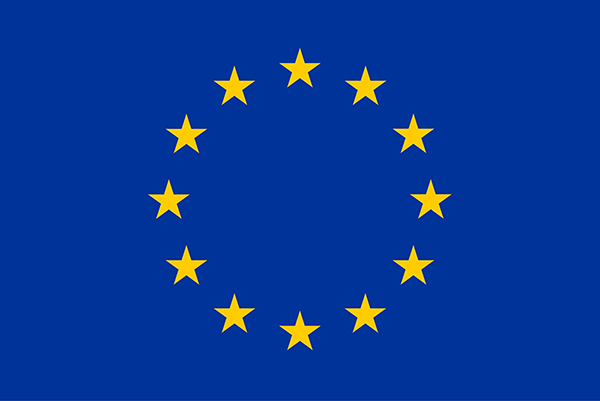
EU is allocating €127 billion to support digital-related reforms and investments
EU is allocating €127 billion to support digital-related reforms and investments https://theraise.eu/wp-content/uploads/2022/08/eu_flag.jpeg 600 401 RAISE fosters startup growth and scale-up within and across Europe RAISE fosters startup growth and scale-up within and across Europe https://theraise.eu/wp-content/uploads/2022/08/eu_flag.jpegThe EU published the results of the 2022 Digital Economy and Society Index (DESI), which tracks the progress made in the EU Member States in the digital field, on the basis of both Eurostat data and specialised studies and collection methods. The DESI supports the EU Member States by identifying priority areas requiring targeted investment and action.
The EU is allocating €127 billion to support digital-related reforms and investments in the 25 national Recovery and Resilience Plans agreed by the Council thus far. Member States dedicated an average of 26% of their Recovery and Resilience Facility (RRF) allocation to digital transformation, above the mandatory 20% level. Austria, Germany, Luxembourg, Ireland, and Lithuania have chosen to invest more than 30% of their RRF allocation in digital.
This year’s DESI demonstrates that, while most Member States are making progress in their digital transformation, corporate adoption of digital technologies like AI and Big Data remains low, only 8% and 14%, respectively (target 75 percent by 2030), contrasting with the 34% utilization of cloud computing. Even in the top four countries – Finland, Denmark, the Netherlands, and Sweden – the adoption of sophisticated digital technologies (such as AI and Big Data) remains below 30%, falling well short of the 75 percent objective set for the 2030 Digital Decade.
Technologies such as big data and AI can significantly increase innovation and efficiency levels, particularly among SMEs. However, not more than 55% of EU SMEs have at least a basic level of digitization (target: at least 90% by 2030).
Digital literacy is another major challenge. This year it is expected that just 54% of Europeans aged 16 to 74 have basic digital abilities, while the Digital Decade‘s aim is at least 80% by 2030. Furthermore, the EU’s 9 million ICT professionals fall well short of the EU’s aim of 20 million specialists by 2030 and are insufficient to bridge the skills gaps that businesses are now facing. More than half of EU businesses (55 percent) reported difficulty filling ICT expert openings in 2020. It goes without saying that these shortages undermine the recovery and competitiveness of EU businesses and the Green Deal commitments.
The study also covers the European infrastructures of connectivity. By 2021, the coverage of networks connecting buildings with fiber will have reached 50% of homes, pushing overall fixed extremely high capacity network penetration to 70% (100% target by 2030). Last year, 5G coverage increased to 66 percent of the EU’s populous areas. Nonetheless, spectrum assignment, a critical precondition for the commercial launch of 5G, remains incomplete: in the great majority of Member States, only 56% of the total 5G harmonized spectrum has been assigned (Estonia and Poland are the exceptions). In these gaps is the key to unlocking 5G’s potential and enabling new services with significant economic and societal value, such as linked and automated mobility, sophisticated manufacturing, smart energy systems, and eHealth.
Most EU Member-States offer vital public services online. Prior to the implementation of a European Digital Identity and Wallet, 25 Member States have at least one eID scheme in place, but only 18 of them have one or more eID schemes notified under the eIDAS Regulation, which is a critical enabler for safe digital cross-border transactions.
Together with DESI, Commission has also published a survey of enterprises on the data economy, studies on mobile and fixed broadband prices in Europe in 2021 and broadband coverage in Europe, and the eGovernment benchmark for 2022.
The Path to the Digital Decade, presented in September 2021 and expected to enter into force by the end of the year, establishes a novel governance mechanism in the form of a cycle of cooperation between EU institutions and Member States to ensure that the Digital Decade targets, objectives, and principles are met jointly. It charges the DESI with monitoring the Digital Decade objectives, and as a result, DESI indicators are now organized around the four cardinal points of the 2030 Digital Compass.
Source: EU Commission
- Posted In:
- Startup News

